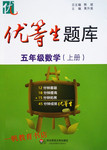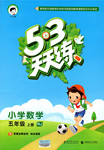题目内容
---Did you get WeChat red during the Spring Festival?
---Yes. It’s ________ the most popular way of sending traditional holiday presents now.
A. politely B. actually
C. correctly D. directly
练习册系列答案
 优等生题库系列答案
优等生题库系列答案 53天天练系列答案
53天天练系列答案
相关题目
题目内容
---Did you get WeChat red during the Spring Festival?
---Yes. It’s ________ the most popular way of sending traditional holiday presents now.
A. politely B. actually
C. correctly D. directly
 优等生题库系列答案
优等生题库系列答案 53天天练系列答案
53天天练系列答案